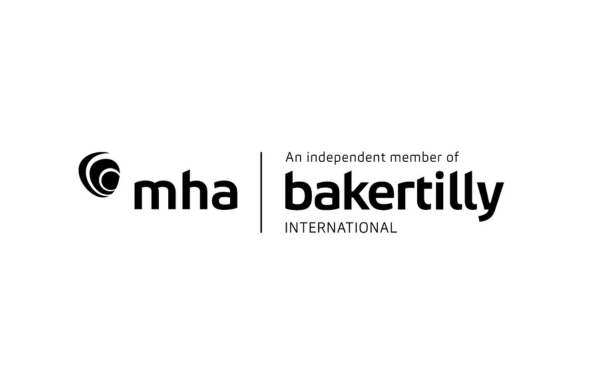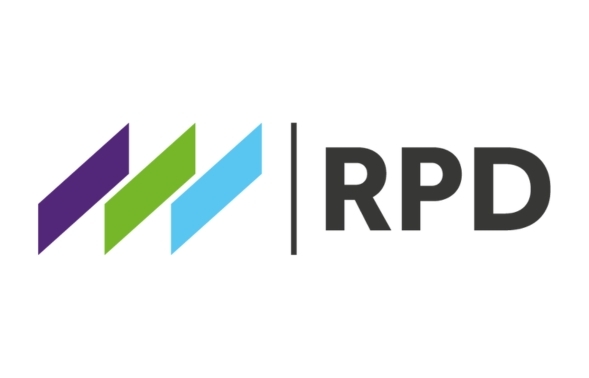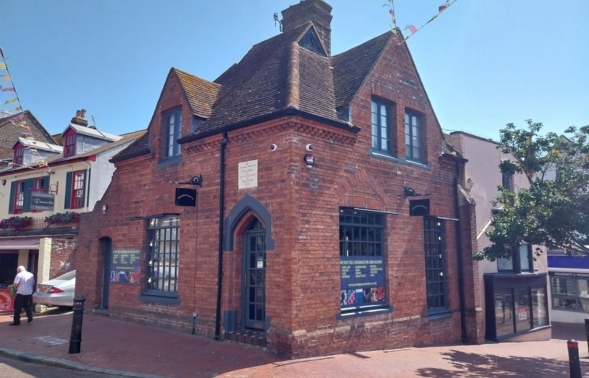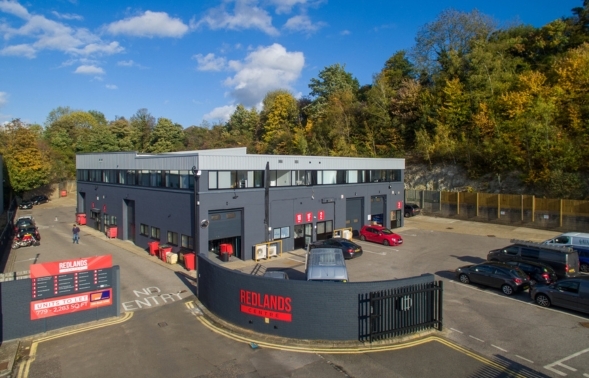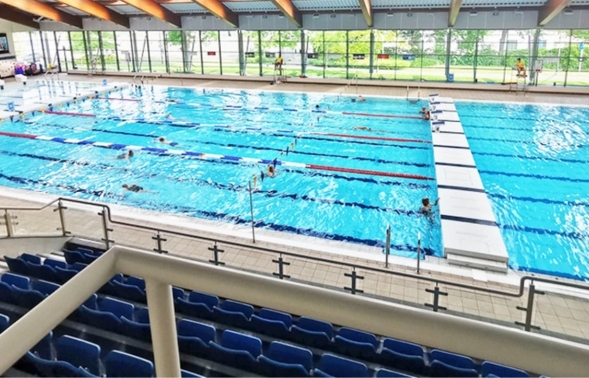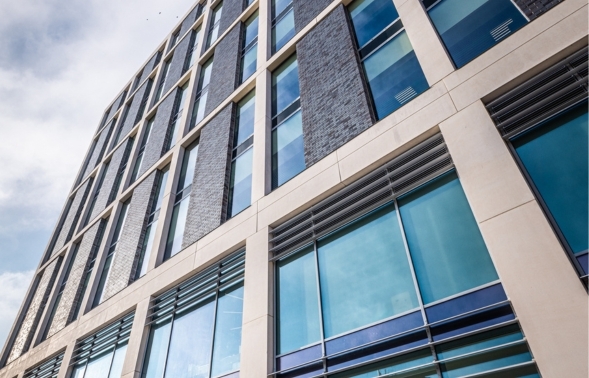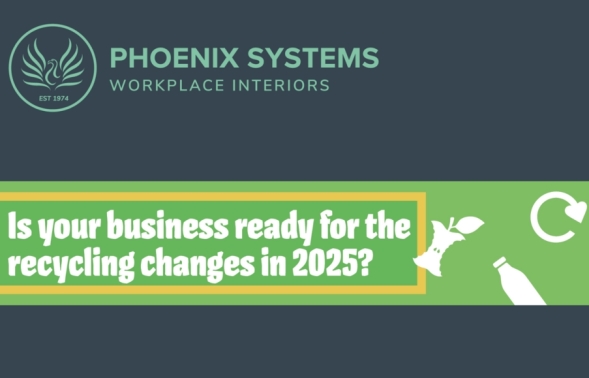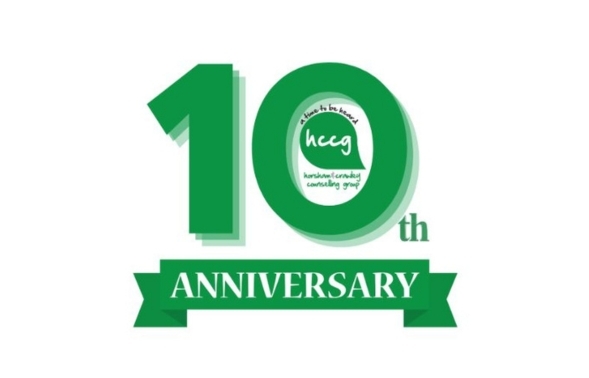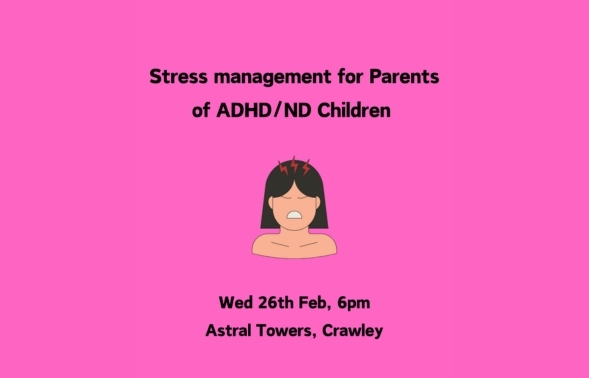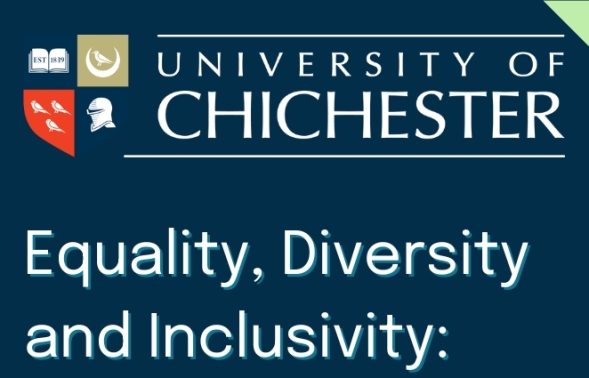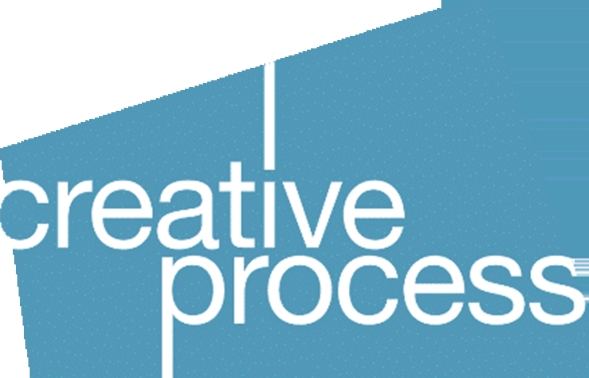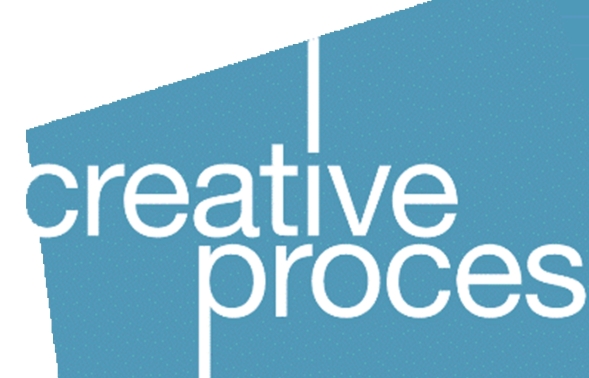Slow website speeds is a bugbear for many businesses. As well as giving a poor user experience, it will also count against you when Google assesses your website's "page experience" and your resulting ranking position.
But what causes websites to be slow?
It can be one or several of the following factors…
Huge image file sizes
This is the most common culprit. Each image on your website should be optimised (ie compressed) to keep the file size as small as possible without impacting the visual quality.
Hosting
Quite a few elements of your website's hosting set up can cause slowness. For example, if your website is on an overly crowded server, if the server's specification isn't high enough for your site or if your server doesn't have facilities such as caching or CDN.
Bulky coding
All websites are written using thousands of lines of code. "Minifying" the code removes any unnecessary characters (eg spaces) to make it more compact and therefore faster to transmit.
Video
If implemented poorly, videos can have a hugely negative impact on website speed. This particularly happens when you try to host the video on your website server, as most aren't geared up to stream videos efficiently. Hosting them on a third party, such as YouTube, is often a better approach.
Website builders
Website builders, such as Wix or Squarespace, can help you create a website on a minimal budget. However, the lack of flexibility in their infrastructure, and your lack of access to the underpinning website code, means that you have very few options to optimise the speed.
Read our full article to discover:
- Ways to check your website's speed.
- How slow is too slow.
- More advice on how to make it faster.
https://www.tomango.co.uk/blog/how-to-make-your-website-faster/
Or give us a call on 01273 814 019 to find out how a slick, speedy Tomango website could improve your user experience and your bottom line.
